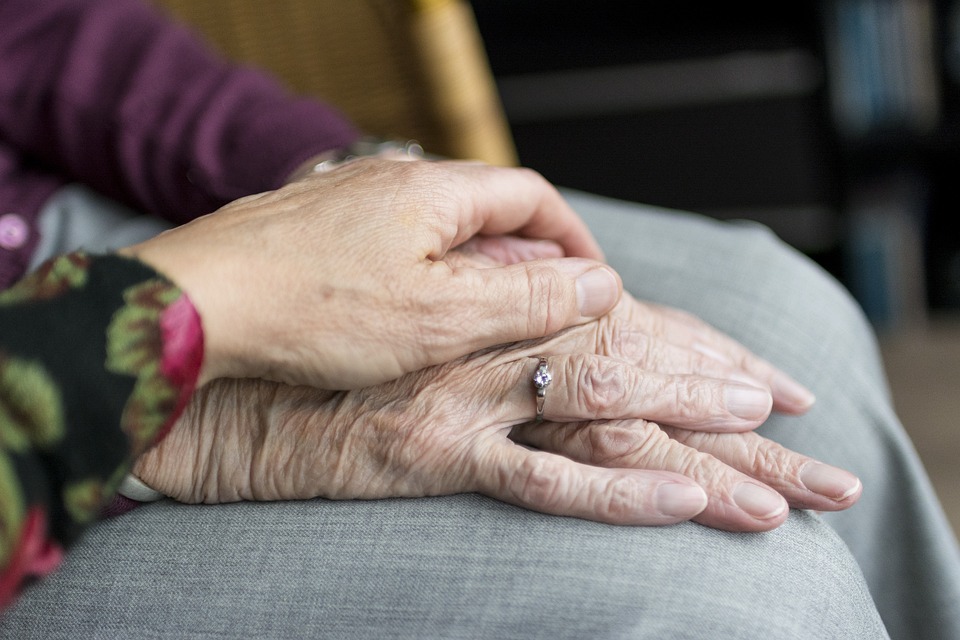Most seniors, understandably, want to remain in their own homes as they age. However, often, older people become unable to properly care for themselves. When this happens, it might be time for their children or their caregivers to approach the uncomfortable subject of assisted living.

If you are worried that your parents might not have the capacity to keep up with everything they should on their own, here are the signs that it’s time to start talking to them about moving into a senior living home.
Forgetting to Take Necessary Medication
Forgetting important medication is one of the biggest indicators that your parents need help staying healthy and happy. Nearly 90 percent of adults over 65 are taking some sort of prescription medication. For many of them, these are life-saving drugs that must be taken on a regular basis.
Accordingly, seniors who forget to take them put their health at significant risk. This is a non-negotiable. If your parents can’t remember to take their medicine and you don’t have the time or ability to ensure that they take all their medications at the proper time, it’s time to talk about placing them in a senior living home.
Worsening Chronic Health Problems
By definition, chronic health problems persist over time, usually getting progressively worse. In the initial stages of a chronic condition, your parents might be able to manage on their own with the help of out-patient medical care.
Over time, though, they may require consistent help in the form of an in-home nurse or other medical assistance. These bills can add up—a burden for many seniors who already live on fixed incomes—and may signal the need for a move to assisted living where their needs can be attended to around the clock.
Falls and Spills
The risk for debilitating falls and spills increases exponentially as we age. Along with a higher risk of falls also come more severe health consequences for such accidents. Seniors, for example, are at a higher risk of hip fractures due to falls in the shower or other places. The scariest statistic in this regard is that the risk of all-cause mortality doubles after a hip fracture for the elderly, so preventing these breaks is crucial for protecting your parents’ health.
Social Isolation
Being social creatures by nature, humans need consistent social interaction to maintain both physical and mentally health. Left alone for extended periods, your parents are more likely to exhibit the signs of depression, anxiety, and other mental health conditions in addition to deteriorated physical health. However, when they’re living at home, socializing might be difficult. It can take a lot of time and energy just for them to get out of the house. If they can no longer drive themselves, you may have to set aside much of your time to chauffeur them to activities or to meet with friends. A senior living community allows and encourages social interaction among residents, so your parents won’t become isolated. You also won’t have to transport them yourselves.
An assisted living situation might be the best solution if your parents show any of the signs we’ve discussed here. The move might be difficult, but in the long run it will ensure they receive the care and attention they need.